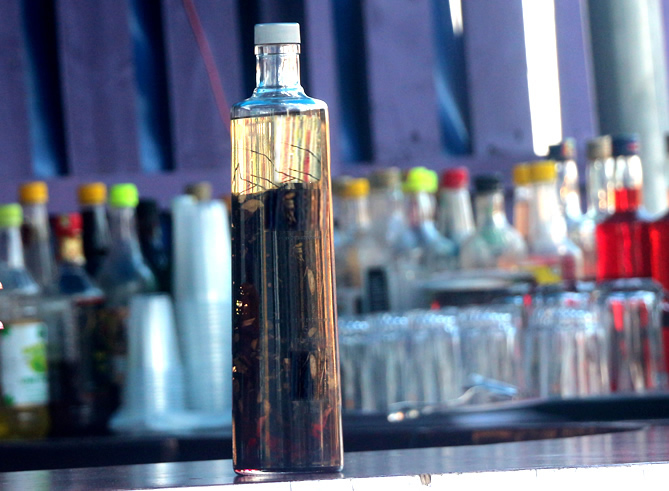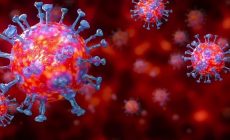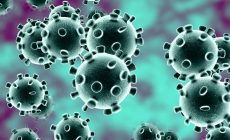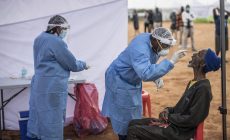Wrong use of alcohol as sanitizer could increase your chances of getting coronavirus – Noguchi Director
- Posted on
- Comment

The wrongful use of alcohol in place of a hand sanitizer could increase one’s chances of picking up Coronavirus (COVID-19), the Director of the Noguchi Memorial Institute for Medical Research (NMIMR), Professor Abraham Annan has said.
He has therefore advised the public to be cautious in going for ordinary alcohol as disinfectants for hands instead of properly prepared hand sanitzers.
He said although alcohol may be good as a disinfectant, it must be used with the right requirements.
“Alcohol can be good for disinfection; in the laboratory for example, we use alcohol for disinfection,” he said, adding “but before the alcohol is used, we prepare it in a certain way. We first of all, will use water that is distilled or de-iodinized. We won’t use tap water or any water to prepare the alcohol for disinfection in the laboratory.”
Dr Annan who was speaking in a television interview with GTV Sunday night added “and then also, the concentration of the alcohol is set to a certain concentration that it works best. If you change that concentration, make it higher it doesn’t work as good as even that optimum lower concentration and if you bring it lower, it also doesn’t work as good. So alcohol usage for disinfection is a science. So if you go and take something like local gin like akpeteshie, and say that I’m using it to clean my hands, no, it won’t work.”
He said when alcohol is used on the hands wrongly, it coats the hands with layers of things “that will make your hand sticky. And rather pick potential germs including COVID-19 and rather increases your chances of infecting yourself. So it’s a very tricky thing.”
Professor Annan was answering some questions on COVID-19 on the 7 pm news bulletin on GTV [March 15, 2020].
He advised people to always wash their hands with soap under running water.
He also explained that nose masks do not offer any much protection to people who have no COVID-19 and that it rather helps people with COVID-19 from spreading it.
Touching on the Ghanaian weather, Prof. Annan said the weather did not also offer any great protection against the disease and that it only limits it’s spread.
He said in areas they have cooler temperatures, it reduces their immunity to fight diseases, explaining that in the hot temperatures, the droplets or fluids dry fast which helps to limit the spreading.
–GraphicOnline










 (Selorm) |
(Selorm) |  (Nana Kwesi)
(Nana Kwesi)